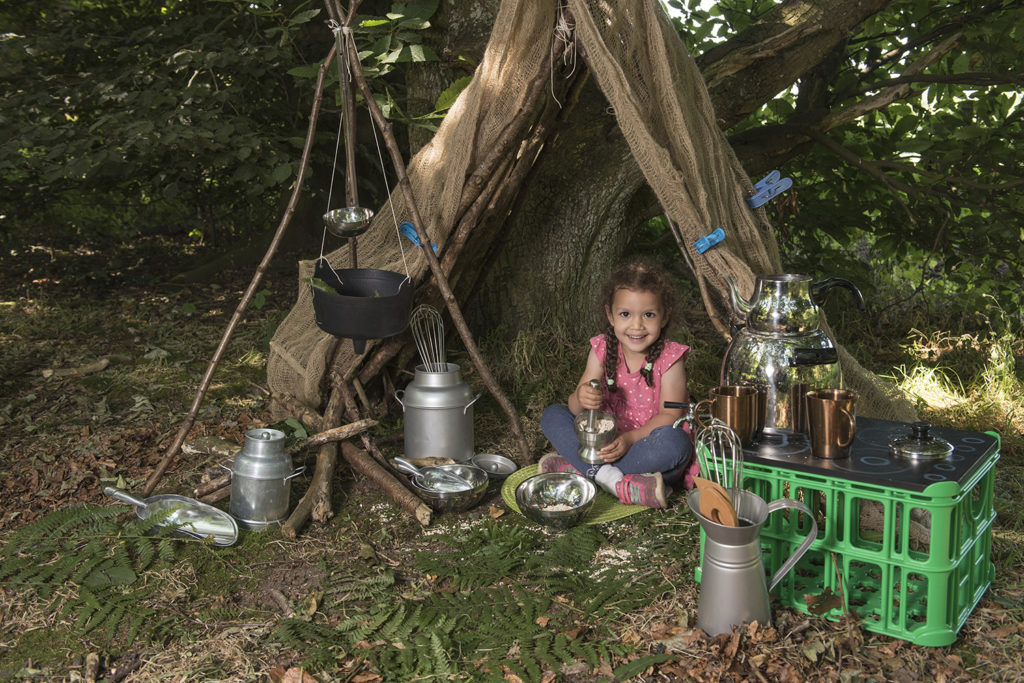Now Reading: That Moment You Realise Your Parents Are Aging
-
01
That Moment You Realise Your Parents Are Aging
That Moment You Realise Your Parents Are Aging

It hits you quietly. Maybe your father forgets where he kept the keys. Or your mother sits down to rest more often. One day, they were the strongest people in your world. And suddenly, you notice the wrinkles, the slower steps, the tired eyes. Realising your parents are aging is not dramatic—it’s deeply personal. And for many in Indian families, it brings a mix of emotion, responsibility, and quiet reflection.
You don’t see it coming
Growing up, your parents are the decision-makers, the problem-solvers. They take care of everything, from school forms to family functions. But adulthood has a strange way of shifting that balance. Slowly, you start handling things they once did with ease.
It’s not always a big moment. Sometimes it’s in the way your father asks for help with his phone. Or when your mother starts repeating stories because she forgot she already told them. These little signs build up, and one day, you realise—you’re not just their child anymore. You’re becoming their support.
The emotional shift is real
There’s a certain sadness that comes with this awareness. It’s the fear of losing what once felt unshakable. In Tier 2 cities, where joint families and close bonds are common, the emotional weight can be even stronger. You live in the same house, but their needs are different now.
Guilt can creep in too. Especially if you’re working in another city or struggling to make time. You want to do more, but you’re still figuring out your own life. That’s the reality for many adult children today—caught between ambition and duty.
It’s also a call to action
Realising your parents are aging is not just about emotion. It’s also about adjusting your role. This means being more patient, making time for conversations, checking on their health, and involving them in decisions—without making them feel dependent.
It could also mean small changes at home—simplifying routines, helping them adapt to tech, or making sure their finances and medical needs are sorted. In Tier 2 setups, where healthcare access or digital exposure might be limited, these steps become even more important.
Cherish the now
It’s easy to get caught up in daily stress, deadlines, and distractions. But aging parents need something simple—your time, your presence, and your understanding. Sit with them without a phone in your hand. Ask about their day. Let them feel heard.
They may not say it, but they feel the shift too. They know they’re aging. They notice the change in energy, memory, and pace. What they want, more than anything, is to still feel valued.
The bottom line
Realising your parents are aging is a silent milestone of growing up. It brings a sense of responsibility, but also a reminder—to slow down, to stay connected, and to appreciate the time you still have with them.
Because roles may change, but love doesn’t. And the way you show up now could mean everything later.

























